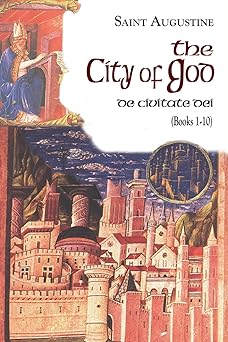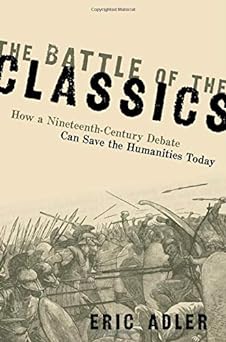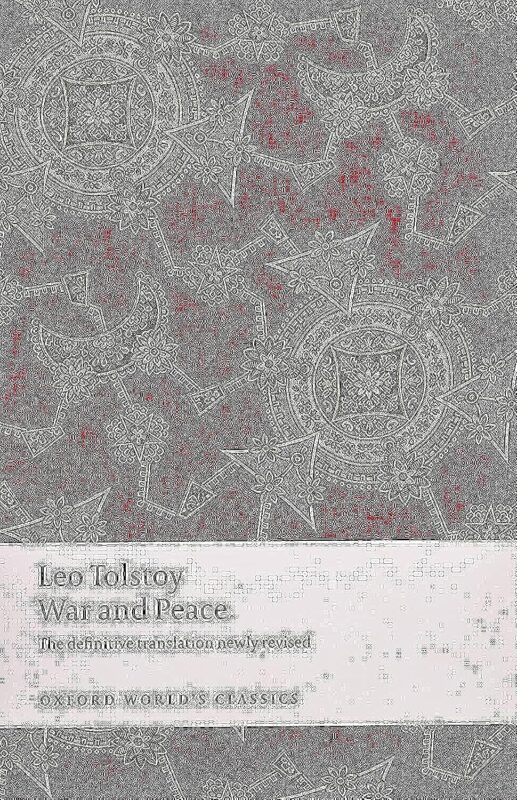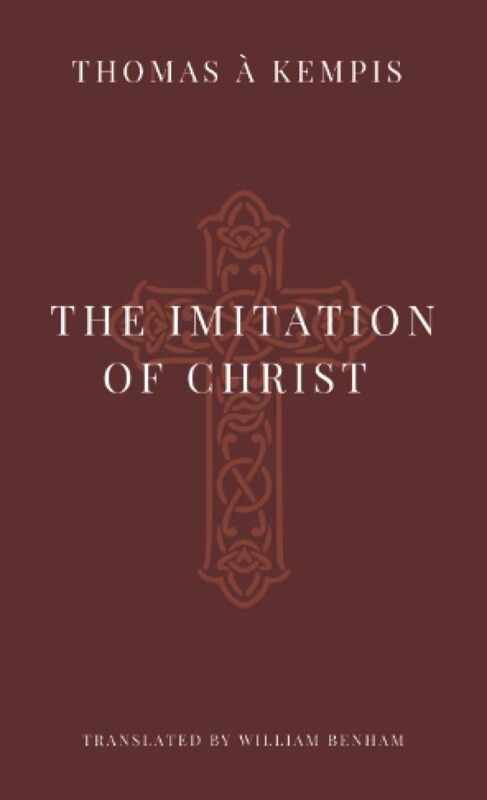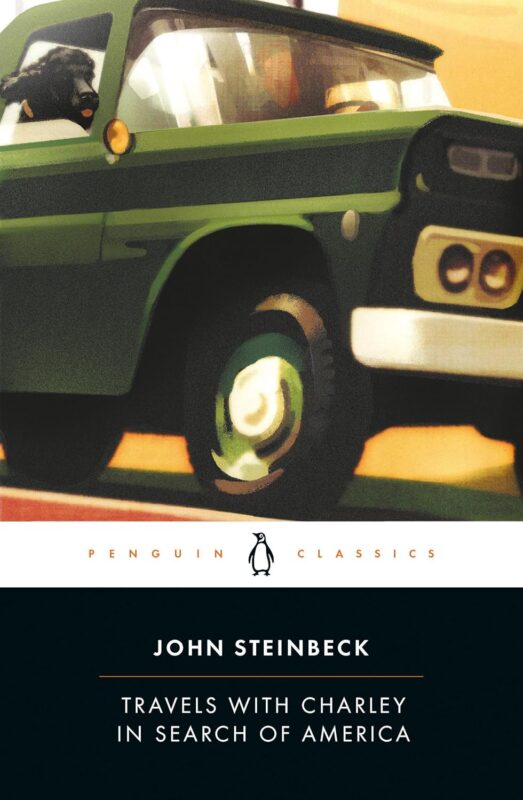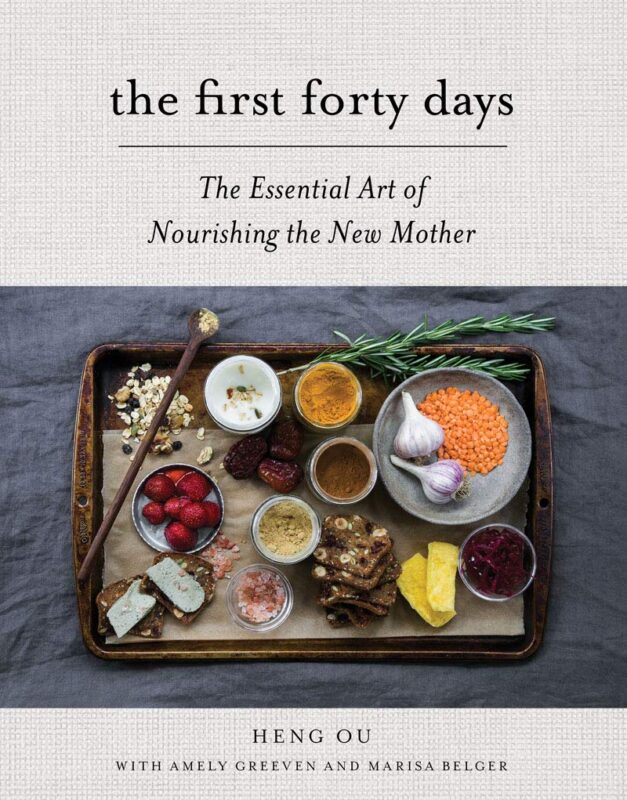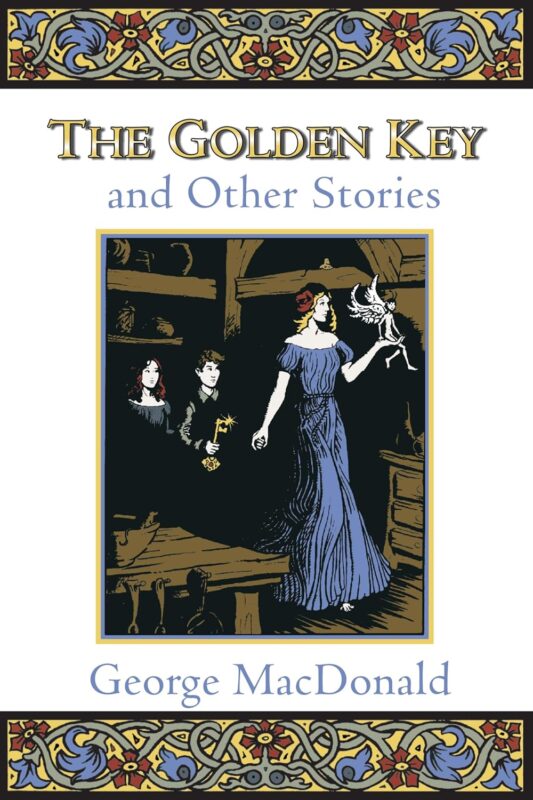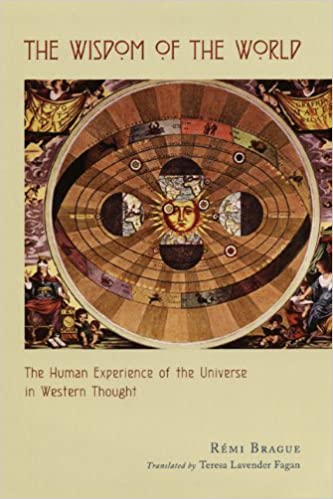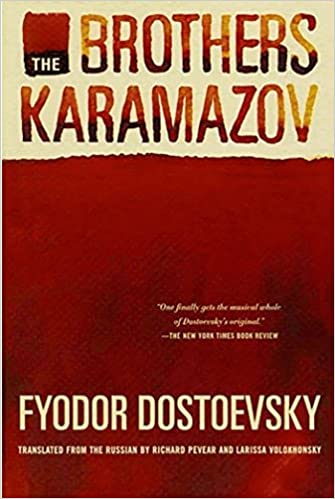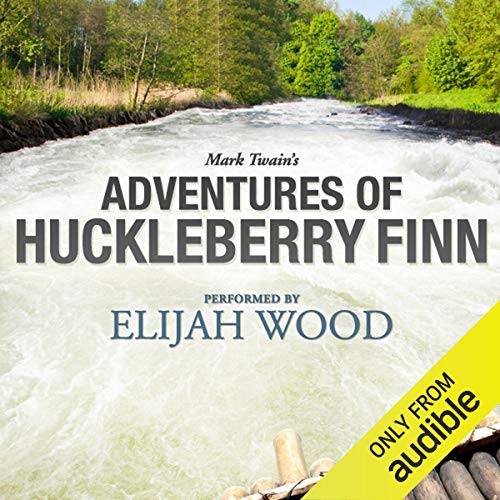The City of God (The Works of Saint Augustine: A Translation for the 21st Century)
Along with his Confessions, The City of God is undoubtedly St. Augustine's most influential work. Following Augustine's critique of the Roman religious, political, and intellectual tradition in Books 1-10, Books 11-22 set out his great vision of the origins, the histories, and the ultimate destinies of the two cities: the earthly city, rooted in love of self as expressed in the pride and lust for domination that shatter human society, and the heavenly city, rooted in love of God as expressed in the humility and yearning for the supreme good that unite humanity in a just social order. For all those who are interested in the greatest classics of Christian antiquity, The City of God is indispensable.
This long-awaited translation by William Babcock is published in two volumes, with an introduction and annotation that make Augustine's monumental work approachable. The INDEX for Books 1-22 (both volumes of The City of God) is contained in this volume.
More info →The Battle of the Classics: How a Nineteenth-Century Debate Can Save the Humanities Today
These are troubling days for the humanities. In response, a recent proliferation of works defending the humanities has emerged. But, taken together, what are these works really saying, and how persuasive do they prove? The Battle of the Classics demonstrates the crucial downsides of contemporary apologetics for the humanities and presents in its place a historically informed case for a different approach to rescuing the humanistic disciplines in higher education. It reopens the passionate debates about the classics that took place in late nineteenth- and early twentieth-century America as a springboard for crafting a novel foundation for the humanistic tradition.
Eric Adler demonstrates that current defenses of the humanities rely on the humanistic disciplines as inculcators of certain poorly defined skills such as "critical thinking." It criticizes this conventional approach, contending that humanists cannot hope to save their disciplines without arguing in favor of particular humanities content. As the uninspired defenses of the classical humanities in the late nineteenth century prove, instrumental apologetics are bound to fail. All the same, the book shows that proponents of the Great Books favor a curriculum that is too intellectually narrow for the twenty-first century. The Battle of the Classics thus lays out a substance-based approach to undergraduate education that will revive the humanities, even as it steers clear of overreliance on the Western canon. The book envisions a global humanities based on the examination of masterworks from manifold cultures as the heart of an intellectually and morally sound education.
More info →War and Peace
Published to coincide with the centenary of Tolstoy's death, here is an exciting new edition of one of the great literary works of world literature. Tolstoy's epic masterpiece captures with unprecedented immediacy the broad sweep of life during the Napoleonic wars and the brutal invasion of Russia. Balls and soirées, the burning of Moscow, the intrigues of statesmen and generals, scenes of violent battles, the quiet moments of everyday life--all in a work whose extraordinary imaginative power has never been surpassed. The Maudes' translation of Tolstoy's epic masterpiece has long been considered the best English version, and now for the first time it has been revised to bring it fully into line with modern approaches to the text. French passages are restored, Anglicization of Russian names removed, and outmoded expressions updated. A new introduction by Amy Mandelker considers the novel's literary and historical context, the nature of the work, and Tolstoy's artistic and philosophical aims. New, expanded notes provide historical background and identifications, as well as insight into Russian life and society.
More info →Imitation of Christ
A new, beautifully laid-out pocket edition of Thomas à Kempis's classic Christian devotional work, The Imitation of Christ. Originally written in medieval Latin c. 1481-1427, The Imitation of Christ is one of the most enduring works of late medieval Christian piety and remains ] the most widely read Christian devotional after the Bible. Divided into four books and dozens of bite-sized subchapters, The Imitation of Christ focuses on providing practical and spiritual advice for cultivating an interior life that mirrors the virtues of Jesus Christ. This edition is based on the English language translation by William Benham (1831–1910).
Thomas à Kempis (1380 – 1471) was a German-Dutch clergyman of the late medieval period and the author of The Imitation of Christ, one of the most popular and best known Christian devotional books. His name means "Thomas of Kempen", Kempen being his home town.
William Benham (1831–1910) was an English clergyman and prolific author.
More info →Travels with Charley in Search of America
In September 1960, John Steinbeck embarked on a journey across America. He felt that he might have lost touch with the country, with its speech, the smell of its grass and trees, its color and quality of light, the pulse of its people. To reassure himself, he set out on a voyage of rediscovery of the American identity, accompanied by a distinguished French poodle named Charley; and riding in a three-quarter-ton pickup truck named Rocinante.
His course took him through almost forty states: northward from Long Island to Maine; through the Midwest to Chicago; onward by way of Minnesota, North Dakota, Montana (with which he fell in love), and Idaho to Seattle, south to San Francisco and his birthplace, Salinas; eastward through the Mojave, New Mexico, Arizona, to the vast hospitality of Texas, to New Orleans and a shocking drama of desegregation; finally, on the last leg, through Alabama, Virginia, Pennsylvania, and New Jersey to New York.
Travels with Charley in Search of America is an intimate look at one of America's most beloved writers in the later years of his life—a self-portrait of a man who never wrote an explicit autobiography. Written during a time of upheaval and racial tension in the South—which Steinbeck witnessed firsthand—Travels with Charley is a stunning evocation of America on the eve of a tumultuous decade. This Penguin Classics edition includes an introduction by Jay Parini.
More info →The First Forty Days: The Essential Art of Nourishing the New Mother
The first 40 days after the birth of a child offer an essential and fleeting period of rest and recovery for the new mother. As modern mothers are pushed to prematurely “bounce back” after delivering their babies and are often left alone to face the physical and emotional challenges of this new stage of their lives, The First Forty Days provides a lifeline—a source of connection, nourishment, and guidance.
The book includes 60 simple recipes for healing soups, replenishing meals and snacks, and calming and lactation-boosting teas, all formulated to support the unique needs of the new mother. In addition to the recipes, this warm and encouraging guide offers advice on arranging a system of help during the postpartum period, navigating relationship challenges, and honoring the significance of pregnancy and birth.
Cowritten by New York Times bestselling author Amely Greeven and Marisa Belger, The First Forty Days, fully illustrated to feel both inspiring and soothing, is a practical guide and inspirational read for all new mothers and mothers-to-be—the perfect ally during the first weeks with a new baby.
More info →The Golden Key and Other Stories
George MacDonald (1824-1905), the great nineteenth-century innovator of modern fantasy, influenced not only C. S. Lewis but also such literary masters as Charles Williams and J. R. R. Tolkien. Though his longer fairy tales Lilith and Phantastes are particularly famous, much of MacDonald's best fantasy writing is found in his shorter stories. In this volume editor Glenn Sadler has compiled some of MacDonald's finest short works--marvelous fairy tales and stories certain to delight readers familiar with MacDonald and those about to meet him for the first time.
More info →The Wisdom of the World: The Human Experience of the Universe in Western Thought
When the ancient Greeks looked up into the heavens, they saw not just sun and moon, stars and planets, but a complete, coherent universe, a model of the Good that could serve as a guide to a better life. How this view of the world came to be, and how we lost it (or turned away from it) on the way to becoming modern, make for a fascinating story, told in a highly accessible manner by Rémi Brague in this wide-ranging cultural history.
Before the Greeks, people thought human action was required to maintain the order of the universe and so conducted rituals and sacrifices to renew and restore it. But beginning with the Hellenic Age, the universe came to be seen as existing quite apart from human action and possessing, therefore, a kind of wisdom that humanity did not. Wearing his remarkable erudition lightly, Brague traces the many ways this universal wisdom has been interpreted over the centuries, from the time of ancient Egypt to the modern era. Socratic and Muslim philosophers, Christian theologians and Jewish Kabbalists all believed that questions about the workings of the world and the meaning of life were closely intertwined and that an understanding of cosmology was crucial to making sense of human ethics. Exploring the fate of this concept in the modern day, Brague shows how modernity stripped the universe of its sacred and philosophical wisdom, transforming it into an ethically indifferent entity that no longer serves as a model for human morality.
Encyclopedic and yet intimate, The Wisdom of the World offers the best sort of history: broad, learned, and completely compelling. Brague opens a window onto systems of thought radically different from our own.
More info →Leisure: The Basis of Culture
One of the most important philosophy titles published in the twentieth century, Josef Pieper's Leisure, the Basis of Culture is more significant, even more crucial, today than it was when it first appeared more than fifty years ago. This edition also includes his work The Philosophical Act. Leisure is an attitude of the mind and a condition of the soul that fosters a capacity to perceive the reality of the world. Pieper shows that the Greeks and medieval Europeans, understood the great value and importance of leisure. He also points out that religion can be born only in leisure -- a leisure that allows time for the contemplation of the nature of God. Leisure has been, and always will be, the first foundation of any culture. Pieper maintains that our bourgeois world of total labor has vanquished leisure, and issues a startling warning: Unless we regain the art of silence and insight, the ability for non-activity, unless we substitute true leisure for our hectic amusements, we will destroy our culture -- and ourselves.
More info →The Brothers Karamazov
"The Brothers Karamasov is a murder mystery, a courtroom drama, and an exploration of erotic rivalry in a series of triangular love affairs involving the “wicked and sentimental” Fyodor Pavlovich Karamazov and his three sons―the impulsive and sensual Dmitri; the coldly rational Ivan; and the healthy, red-cheeked young novice Alyosha. Through the gripping events of their story, Dostoevsky portrays the whole of Russian life, is social and spiritual striving, in what was both the golden age and a tragic turning point in Russian culture.
This award-winning translation by Richard Pevear and Larissa Volokhonsky remains true to the verbal
inventiveness of Dostoevsky’s prose, preserving the multiple voices, the humor, and the surprising modernity of the original. It is an achievement worthy of Dostoevsky’s last and greatest novel."
Adventures of Huckleberry Finn
From Amazon:
"Ernest Hemingway said, “All modern American literature comes from one book by Mark Twain called Huckleberry Finn". One hundred years after its author’s death, this classic remains remarkably modern and poignantly relevant. In this brand new edition, Elijah Wood reads Huck in a youthful voice that may be the closest interpretation to Twain’s original intent. His performance captures the excitement and confusion of adolescence and adventure. Best of all, the immediacy of Wood’s energetic reading sweeps listeners up and makes them feel as though they’re along for the ride, as Huck and Jim push their raft toward freedom."
More info →Confessions
From Amazon:
"Augustine's fourth-century spiritual autobiography not only is a major document in the history of Christianity, a classic of Roman Africa, and the unchallenged model through the ages for the autobiographical record of the journey to self-knowledge, it also marks a vital moment in the history of Western culture.
As Augustine explains how, when, and why he became the man he is, he probes the great themes that others were to explore after himCfaith, time, truth, identity, and self-understanding--with a richness of detail unmatched in ancient literature. Dense with vivid portrayals of friends, family, colleagues, and enemies, The Confessions chronicles the passage from a life of sensuality and superstition to a genuine spiritual awakening--in a powerful narrative of one man's inner education that continues to shape the way we think and act today."
More info →
